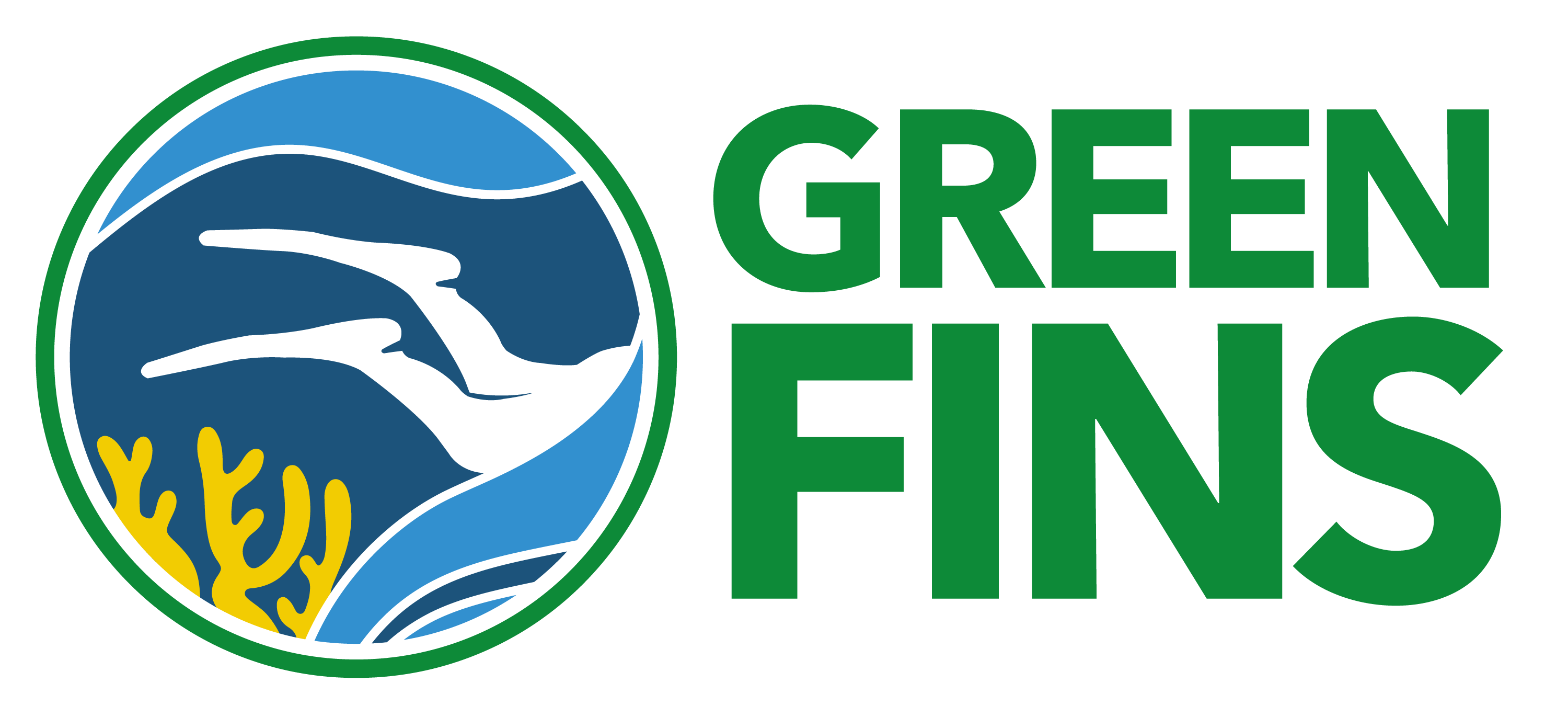In May 2019, The Reef-World Foundation completed the first ever Green Fins Assessor Exchange programme. Newly certified Green Fins Assessor Trainer Alvin Chelliah, from Reef Check Malaysia, spent a week visiting Marthen Welly and Wira Sanjaya – the Green Fins Indonesia assessor team – from the Coral Triangle Center, in Bali, Indonesia.
The Green Fins national teams across our 10 (and counting) active countries work fairly autonomously but there are always lessons to be learned from each other. While remote knowledge exchange is always happening, what better way for the teams to compare notes than meeting, working together and sharing what they’ve learned in person.
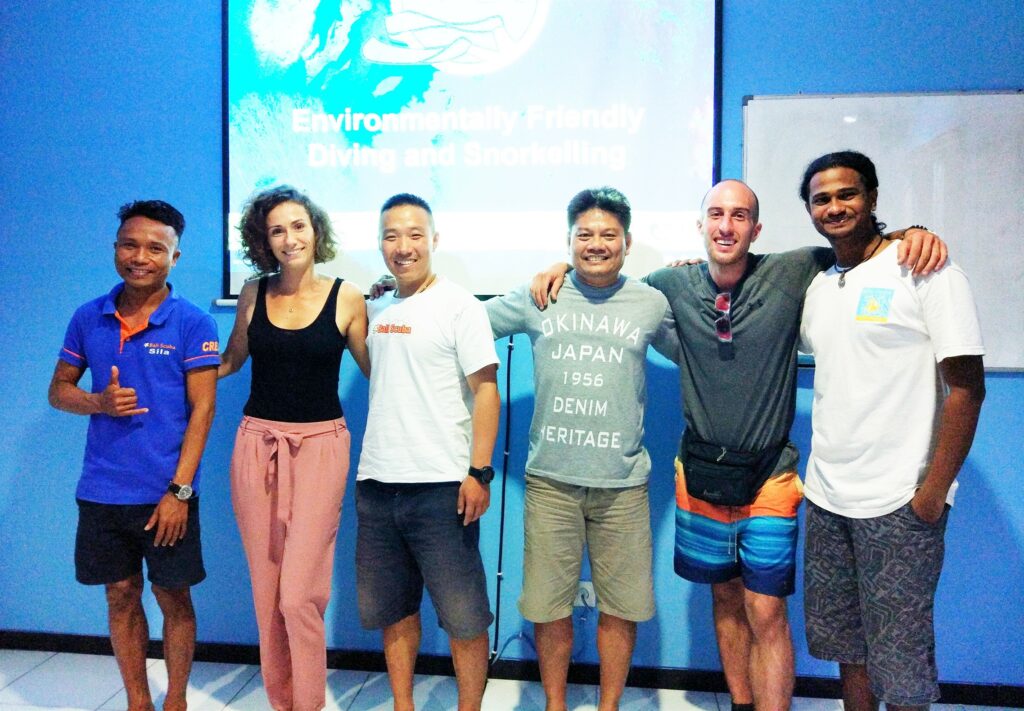
During the exchange, the two teams conducted Green Fins assessments and trainings for three dive operators in Bali. They also hosted a workshop during which they discussed and shared their experiences to see how they could help each other learn and improve their processes.
To find out how it went, the Reef-World team spoke to assessors Alvin and Marthen – here’s what they shared:
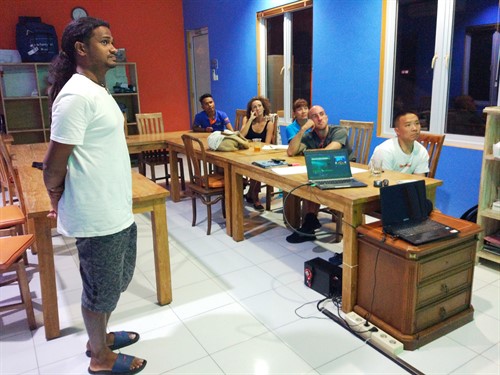
How do you think the Assessor Exchange will help you improve future implementation of the Green Fins initiative?
Alvin: “It was valuable because it made me think about some of the issues dive shops outside marine protected areas are facing. It also helped me better understand things I should stress, or focus on, when teaching the assessor course in the future because some people might find it difficult to understand.”
Marthen: “There were lots of lessons learned from Green Fins Malaysia in terms of implementation assessment and training, management of members, dealing with critical issues, program expansion and assessor recruitment as well as working together with government and dive centres.”
Is there anything specific you will integrate into future Green Fins work?
Alvin: “Yes, several things. But one key change for us will be to set up some kind of support system (like a WhatsApp group or email list) for dive shops outside MPAs to get information about marine related laws and provide information on who they can report illegal activities to. We would use this as a way to connect and coordinate outside the annual Green Fins assessments.”
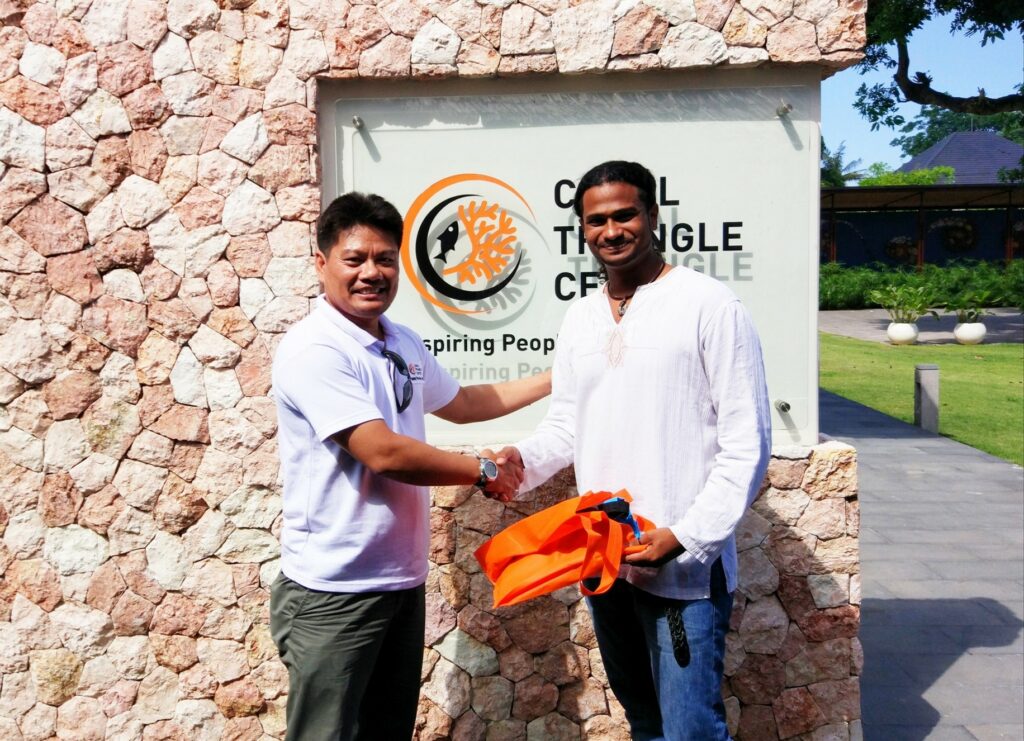
What are the main pieces of advice you have for the other team?
Alvin: “Firstly, to conduct assessments based on locations: prearranging dates and travelling to one area to complete all the assessments there helps save cost and time.”
Marthen: “Also that it’s better to focus on a certain area rather than fast expansion when it might be difficult to do assessments the following year.”
Alvin: “A really important piece of advice is the reminder that Green Fins can be promoted to government agencies as a tool for them to achieve their goals (Aichi biodiversity targets and the UN’s Sustainable Development Goals). And not to be afraid to ask the Reef-World team for help and advice!”
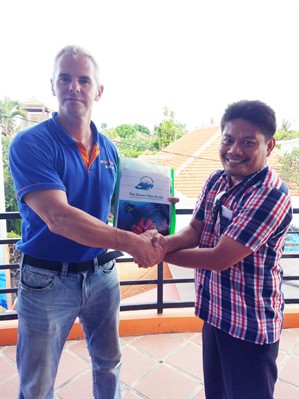
What advice would you give to future participants of the Assessor Exchange Programme?
Alvin: “Don’t be too stressed, things don’t always go according to plan. Share your bad experiences as well as the good ones and enjoy the experience.”
The Reef-World team was so pleased with the success of its first Assessor Exchange. One of the key strengths of the Green Fins network is that the same approach can be effective for different situations across different locations and that knowledge exchange is extremely powerful. Whether it be individual dive operators, corporate partners or – as in this instance – national teams of active Green Fins countries, sharing challenges, successes and learnings is a sure-fire way for all of us to help each other in our sustainability journey. Hopefully this is the first of many successful Assessor Exchange programmes!
Alvin ended our chat by adding:
“I know the Green Fins approach works. I have seen it work. I think it’s exactly what diving needs right now and I would be glad to share what we have learned.”
